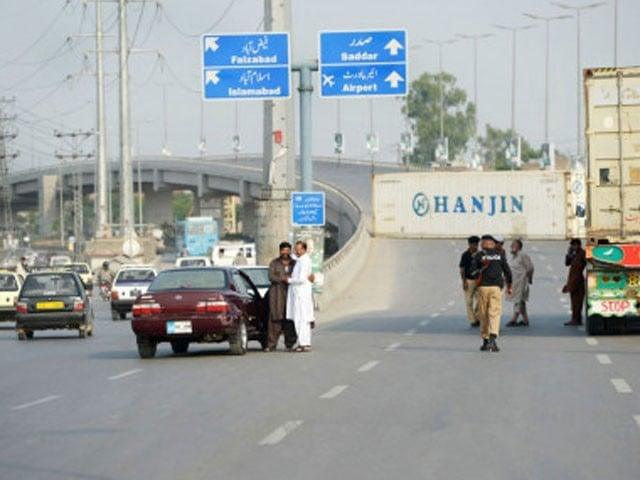Hafizabad:
Hafizabad Traffic Police have issued an amazing 46,400 Challans during the current year, accumulating more than RS41.3 million in fines for various violations.
While the police officers acclaim the figures as evidence of a strict application and better road safety, residents and the business community of the district have expressed criticism, accusing the authorities to adopt a punitive and quota -based approach instead of focusing on sustainable traffic management.
According to the official breakdown by 2025, the Traffic Police fined 6,209 motorists for unidirectional violations, 6,688 for driving without a license, 1,545 for driving motorcycles without helmets, 8,014 for overload of goods or passengers, 2,107 minor drivers, 1,724 for lanes and line rapes.
Up to 2,254 vehicles were fined or confiscated through crane lifting operations.
The violations collectively generated RS41.3 million in fines, an unusually high amount for a district of the size and population of Hafizabad.
The senior officials praised the performance of the traffic department and reaffirmed their commitment to a “zero tolerance” policy.
“We believe in the application of the law, but this is becoming economic harassment,” said a merchant from Madni Bazaar, a shopping center where merchants organized attacks twice earlier this year.
Protesters described fines as “indiscriminate”, arguing that repeated sanctions, especially at a time of economic inflation, are carrying low and medium -sized citizens.
A spokesman for the Transit Department defended his actions, stating: “Ensure that the safety of lives and property is our main duty.
However, local residents appealed to the authorities to review the current operating model of the Traffic Police. Critics argue that the application should go hand in hand with education, improved infrastructure and professional training of traffic staff.
“There is a difference between discipline and anguish,” said a resident. “What we need is community -oriented application, not income -based police surveillance.” He warned that continuous public distrust could undermine both the legitimacy and the effectiveness of the application of the traffic law in the area.




